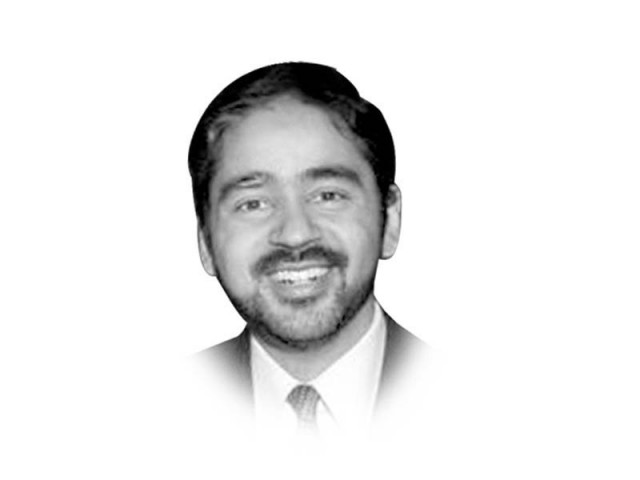Marching for others
I was there in Boston Commons along with nearly 175,000 people

The writer is a Howard Hughes Medical Institute professor of Biomedical Engineering, International Health and Medicine at Boston University. He tweets @mhzaman
I did not have a pink shirt to wear, so I chose purple, my small way of belonging in the sea of pink that took over not just Washington, DC and New York, LA and Austin but also London and Melbourne, and went as far as Nairobi and Lilongwe. We were all different, some with hijabs and some in shorts, some with grandmas and some with newborns, some alone and some with partners. Yet, we were all the same, channelling our passion for a world that is inclusive in all dimensions.
My family and I were there for a reason — to fight for our rights and to protect our constitutional liberties, as Muslims and Immigrants. Many others were there because they were worried about persecution because of what they look like or who they are. But a significant group, including some who spoke to us, were not there for themselves. They were not worried that something bad might happen to them. They were white, straight and well-off. Instead, they were there because they were worried for us, their neighbors and colleagues, who for one reason or another, are feeling vulnerable. They were there for the shared human values, not for an immediate personal concern. It was the same reason that brought people out to march in Tokyo and Oslo, Toronto and Auckland, Budapest and Delhi. This was among the most moving and gratifying days of my immigrant life.
Yet, it also made me wonder about what does it take to march for others and come out on the street when you are not under an immediate threat. Who are the people who choose to spend their time in raising their voice against injustice, even when it is not committed against them or their families? What does it take to stand up against bigotry or persecution of a religious minority? When there is bullying at the state level, hatred spewed against a community, or injustice carried out against a group, do we, as Pakistanis, stand up for that? Do we march in the millions, in a peaceful way, and speak for a world that is inclusive and welcoming? Expecting the world to stand up for us and respect our values, when we do not stand up for those who are persecuted in our own lands, for being poor, for being a minority or sometimes just being a woman, is both hypocritical and vulgar.
Perhaps the answer lies in who we are taught to be. Martin Luther King was a black man, and not the most popular person in his time, and despite being part of a community that is no more than 15 percent of the society, he is now a national hero and a global icon. His speeches are part of the civics curriculum in nearly every class in the US and in many other parts of the world. There is no civics lesson in our curriculum that talks about those who stood up for minorities or for social justice. There is no discussion of those who channelled the misery of the forgotten ones to demand and create change. We may not have an MLK in our society, but they are plenty who have raised their voices. When will we learn about them?
Those few who have spoken out have often had to deal with an aggressive machinery, that works overtime, to spew hatred, create lies and damage reputation. Sometimes the costs are painful to even imagine. And soon, they are forgotten.
Marching for one’s own rights is hard, it’s harder to do it for the rights of others. Yet, this defence, or lack thereof, of others’ rights is what defines who we are as people and what kind of a world we want to live in.
Published in The Express Tribune, January 24th, 2017.
Like Opinion & Editorial on Facebook, follow @ETOpEd on Twitter to receive all updates on all our daily pieces.














COMMENTS
Comments are moderated and generally will be posted if they are on-topic and not abusive.
For more information, please see our Comments FAQ